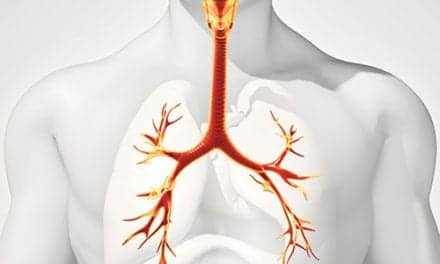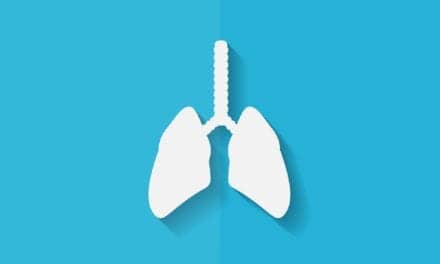Researchers at The University of Nottingham (UK) are investigating whether a new type of hearing test could successfully detect early hearing loss in people with cystic fibrosis (CF).
Hearing loss is a side effect of some of the intravenous antibiotics used to treat the recurring chest infections associated with CF.
Researchers have developed a new test called the High Frequency Digit Triple Test (HFDT) which is easy to perform and can be done during the patient’s normal CF clinic appointment.
The experts are now recruiting CF patients to the study, which will look at whether the new test is able to detect hearing loss at an early stage, whether it is suitable to be taken by patients who are feeling unwell and about to start on a course of IV antibiotics, and whether there are any underlying genetic reasons why some people are more likely to have hearing damage when treated with antibiotics.
The new hearing test involves wearing headphones and listening to a set of three digit numbers, with varying degrees of background noise. The participant is then asked to enter these numbers on to a keypad in front of them.
The new test is easier to perform than the standard tests as it does not require specialist training and equipment. It is also specially designed to pick up the changes in higher frequency hearing initially caused by these antibiotics.
“People with CF already face many challenges in managing their health to lead as full and active a life as possible. Adding hearing loss as a result of their treatment is an additional burden which they shouldn’t have to bear,” said project lead Dr Sally Palser. “We are keen to find out whether this new test could act as an early warning system, enabling us to detect hearing loss in patients before they themselves have even noticed its effect. Their doctor may then be able to switch to a different medication in future to prevent any further damage from being done.”
Current tests for hearing loss for CF patients need a separate specialist appointment and may not always detect problems at the earliest stage, researchers noted.









